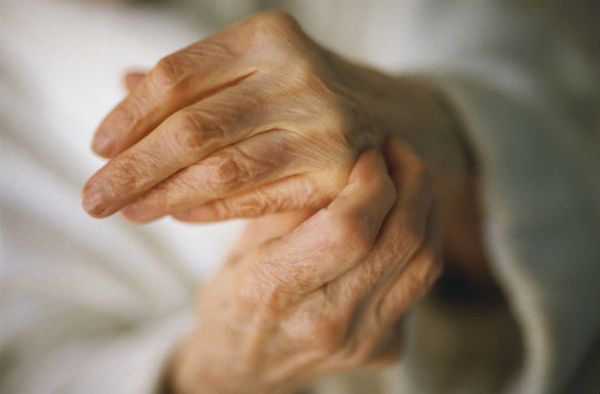To ease kids' suspicion of vegetables, parents often feed them the adage that carrots will spare them from corrective vision care. But is there any truth to the commonly held belief that carrots are good for your eyes?
Well, yes and no. Carrots won't improve your visual acuity if you have less than perfect vision. For example, a diet of carrots won't give a blind person 20/20 vision. But the vitamins found in the vegetable can help promote overall eye health. Carrots contain beta-carotene, a substance that the body converts to vitamin A, an important nutrient for eye health.
Advertisement
For centuries, carrots have been connected with health benefits. In the Middle Ages, carrots were believed to cure anything from sexually transmitted diseases to snakebites [source: Kruszelnicki]. Carrots became associated with vision, particularly night vision, during World War II. The British Royal Air Force published a story that said skilled fighter pilot John "Cats' Eyes" Cunningham could thank a steady diet of carrots for his night vision flying prowess. In response to the story, many British people began to grow and eat more carrots. They wanted to improve their vision so that they could see better during the compulsory blackouts that were common during World War II. Although Cats' Eyes' carrot eating made for a great story, it was, in fact, propaganda put out to conceal the fact that the Royal Air Force's was actually using radar to locate Luftwaffe bombers during the night [source: Kruszelnicki].
Although British propaganda may have lent carrots a bit more vision-related cachet than they deserve, there's still no doubt that the vitamins found in carrots can promote overall eye health. How do carrots help your eyes?
Advertisement



